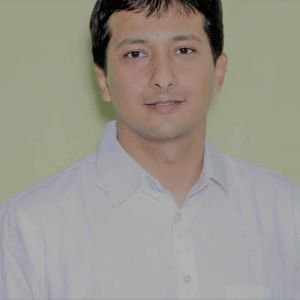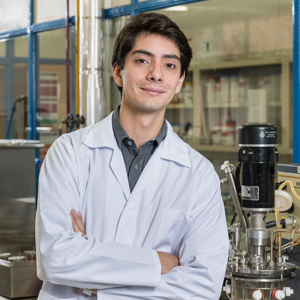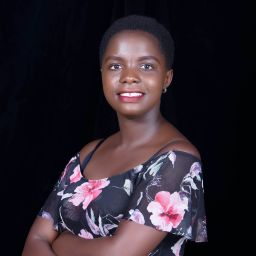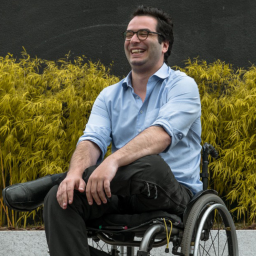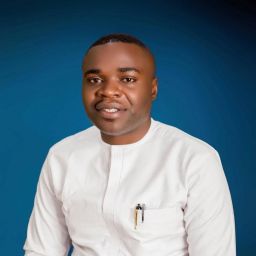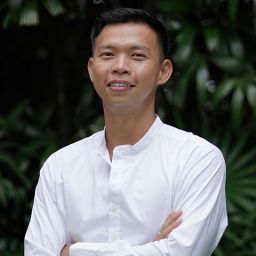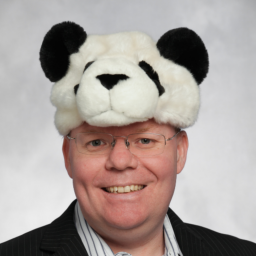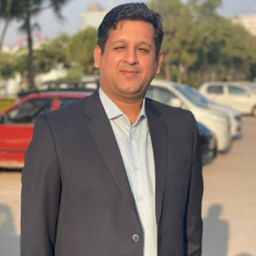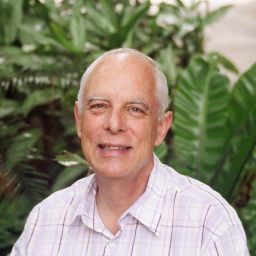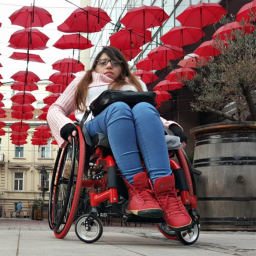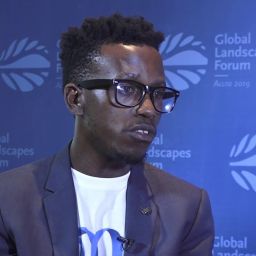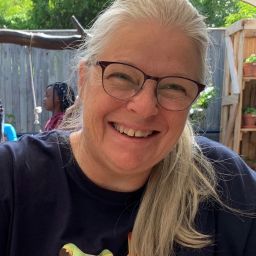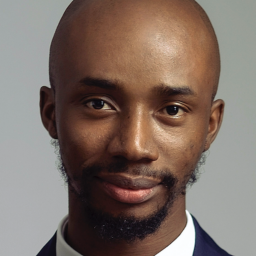Meaningful Business (MB:) Please tell us a bit about your background.
Chidozie Igweilo (CI): I was born and raised in Lagos, Nigeria, the third child of four siblings. Growing up, I remember having to clean the glass of our kerosene lantern every evening which was our means of lighting due to the poor grid power generation in the area.
I studied Economics at the University of Ibadan, Nigeria, after which I joined a team of telecoms engineers where I had my first experience with renewable solar energy. At that time it wasn’t very popular in Nigeria, and so two years down the line I decided to start my journey as an entrepreneur.
I started Quadloop as an R&D company from my apartment. The goal was to produce devices that would make life easier and better for everyone whilst promoting local manufacturing. I strongly believe that electronic products can meet user demand better if the original equipment manufacturers (OEMs) have first-hand experience of the problem.
I have both technical and entrepreneurial experience from the School of Electronics Lagos, General Electric Lagos Garage, Semicolon Africa and Enterprise Development Centre of the Lagos Business School, and am currently a fellow at the innovation fellowship for aspiring inventors and researchers I-FAIR.
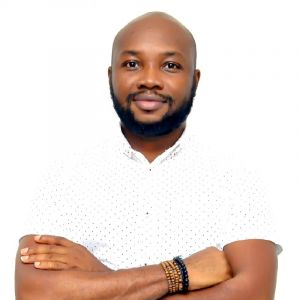
Chidozie Igweilo, Founder & CEO of Quadloop
MB: Please introduce your business and the problems you’re trying to solve.
(CI): Electronic waste has recently been causing serious health risks. The huge amount of electronic devices that are used and thrown away have an impact on both humans, animals and the environment. In Nigeria, due to our growing young population, 80% of youths have access to a laptop and power banks – which contribute to the waste generated over time.
Quadloop aims to develop affordable solar lanterns and home systems for rural and peri-urban communities, with a lower environmental impact. Our flagship product, the IDunnu solar lantern, is made up of 70% electronic waste material, designed to provide the user with basic lighting with a USB mobile charging option.
We are solving problems related to rising e-waste and poor energy distribution, mainly in rural communities. Both problems are relevant in Nigeria and Africa at large.
Poor electricity distribution has been a severe problem across Africa, with many people still depending on dirty sources to light up homes, cook and power basic appliances. Most people still pay around $1 to have their mobile and touch lights charged, while the more privileged population use a portable 0.9kva generator to light up homes and businesses.
Leveraging electronic waste to provide affordable, clean energy in rural developing communities, by adopting a circular economy model and local manufacturing, is one of the ways we are different from our competitors.
MB: What is your biggest challenge right now and what support do you need?
(CI): Access to raw materials is an issue due to the fact that our production is highly dependent on certain electronic waste materials. The need to have multiple suppliers is paramount. Another challenge is the current exchange rate. Although we manufacture locally, we still import certain raw materials like solar panels and other electronic components. Funding this, alongside other required machines and tools, is difficult. Skilled labour is also a common issue in Nigeria lately – young people find it difficult to learn hand skills and many prefer digital skills.
MB: What is your ambition for the future of your business?
(CI): Our future ambition is to utilise e-waste as a means of job creation, empowering young adults and bringing awareness to the circular economy resource models in Africa. This ambition can be achieved by cultivating a self-sustaining production line and sustainable consumption habits, enhancing the production of local electronics, gadgets, and machines designed for Africa by Africans.
The aim is for Quadloop to become the foremost indigenous company seeking innovative ways to reduce, reuse and recycle e-waste, producing an entirely new product designed in the heart of Africa.
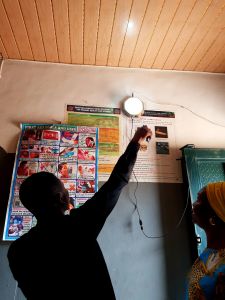
A solar panel light
MB: What is your advice to other leaders who want to combine profit and purpose?
(CI): As a leader combining profit and purpose, impacting lives should be at the forefront of your business, providing solutions that deliver optimal value at a relatively low cost.
________
Quickfire Questions
MB – Tell us a mistake you’ve learned from:
(CI): Never move with the crowd. Growing up I had so many friends, this was a major distraction towards achieving my entrepreneurial goals early enough.
MB – How do you spend your time away from work?
(CI): I love jogging, taking trips, and driving fast cars.
MB – What’s the best piece of advice you’ve ever received?
(CI): To continue to pursue my dreams and never give up.
MB – What is the one book everyone should read?
(CI): ‘NO excuses’ by Brian Tracy
MB – What is something you wish you were better at?
(CI): Dancing.
MB – What’s one thing you want to achieve in 2022?
(CI): To impact 1,000 homes by providing affordable, clean energy while preventing a minimum of 4000KG e-waste from affecting the environment.
________
Discover the other leaders recognised on the 2021 MB100, for their work combining profit and purpose to help achieve the United Nations Global Goals, here.



